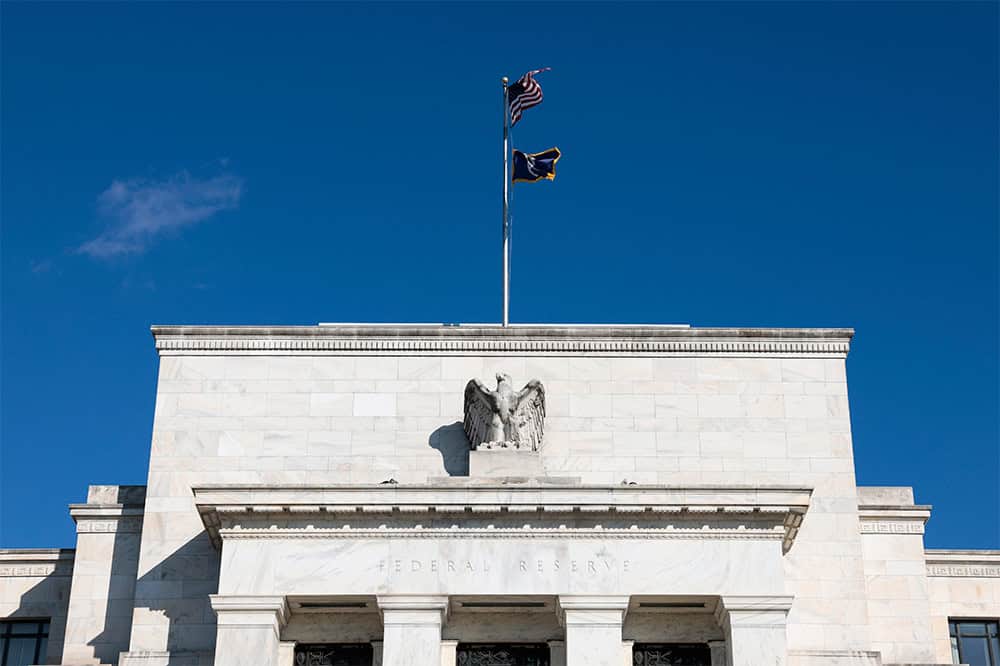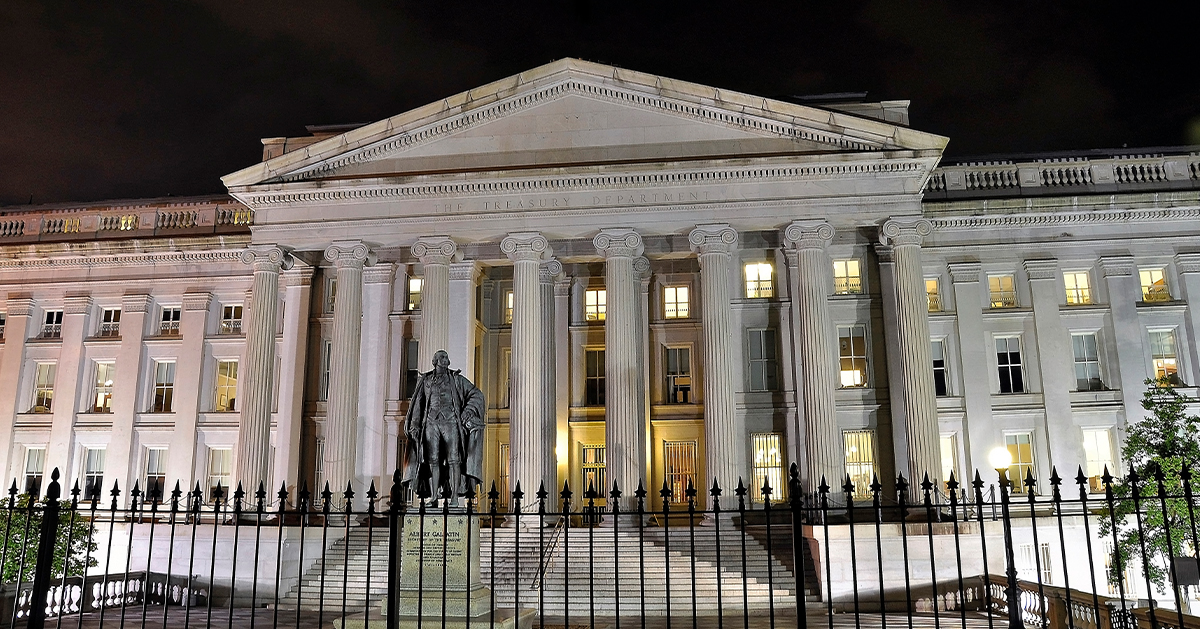Trump Administration Acknowledges Trillion-Dollar Deficits
Last Updated July 18, 2018
Last Friday, the Office of Management and Budget (OMB) released its mid-session review, an annual update and revision of White House budget projections. This report marked the first time that the administration has acknowledged that deficits will surpass $1 trillion in the near term — a level that should be a wake-up call to all Americans.
America’s rising deficits reflect not only a structural imbalance between spending and revenue, but are also a result of recent fiscally irresponsible policy changes including last December’s deficit-financed tax cuts as well as this February’s budget deal that increased discretionary spending.
As the Committee for a Responsible Budget pointed out, the estimated $1.085 trillion deficit for 2019 is double the $526 billion the administration estimated in its own projections as part of the FY 2018 budget.
The rapid worsening of the budget outlook is important because rising debt threatens to harm our economy and slow the growth of productivity and wages. Moreover, CBO warns that rising debt could crowd out critical investments, reduce policymakers’ flexibility to respond to unforeseen events, and raise the risk of a fiscal crisis.
The acknowledgement of trillion-dollar annual deficits comes as Congressional leaders and the administration are discussing another round of “deficit-financed tax cuts.” During a time of low unemployment and economic expansion, now is the time to get America’s debt problem under control, rather than pile more fiscal burden onto the next generation.
Image credit: Getty Images/iStockphoto
Further Reading
What Is R Versus G and Why Does It Matter for the National Debt?
The combination of higher debt levels and elevated interest rates have increased the cost of federal borrowing, prompting economists to consider the sustainability of our fiscal trajectory.
High Interest Rates Left Their Mark on the Budget
When rates increase, borrowing costs rise; unfortunately, for the fiscal bottom line, that dynamic has been playing out over the past few years.
Debt vs. Deficits: What’s the Difference?
The words debt and deficit come up frequently in debates about policy decisions. The two concepts are similar, but are often confused.


